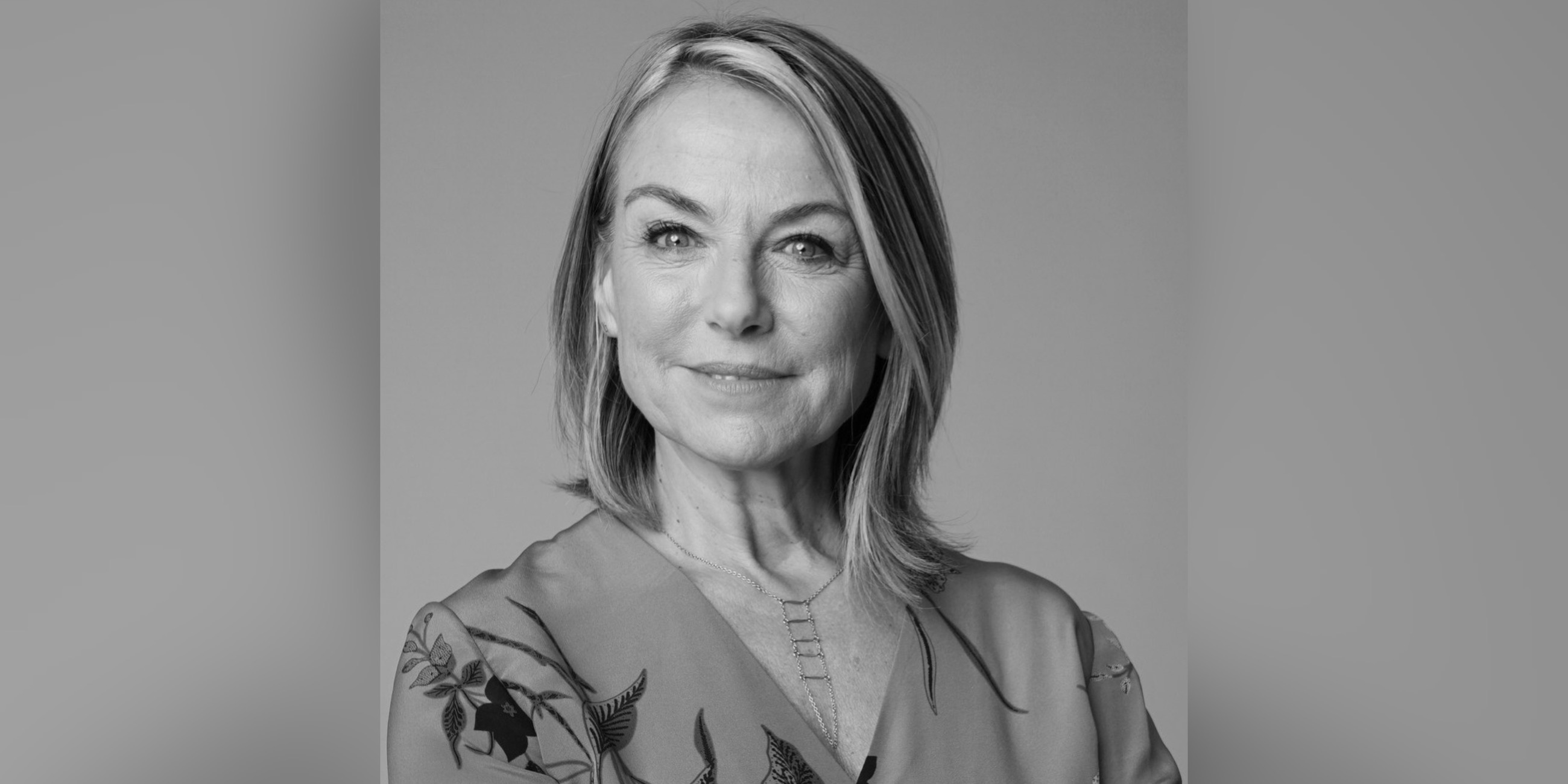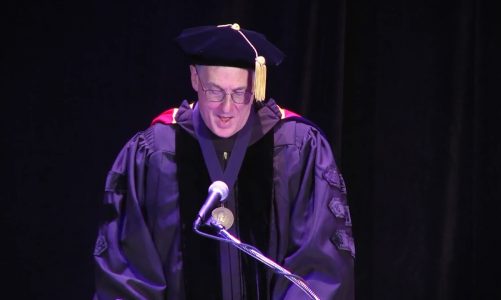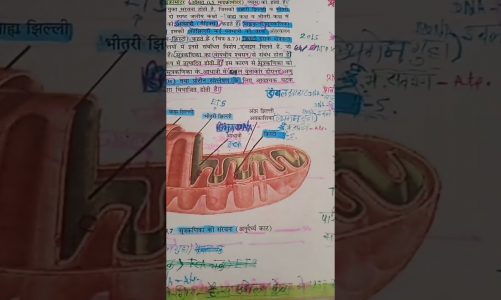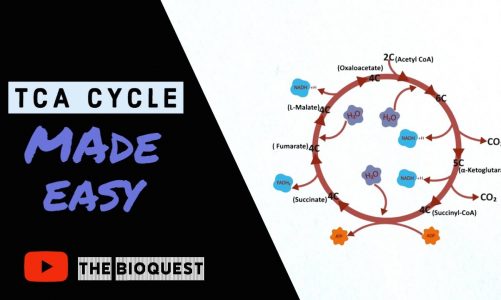Esther Perel is a psychotherapist and New York Times bestselling author who is an expert on modern relationships. In this episode, Esther describes how being a child of parents who narrowly survived the Holocaust shaped and influenced her perspectives and ultimately led to her to a career in therapy. She discusses how the generational differences in parenting, among other things, led to the rise of individualism with a focus on happiness and self-esteem to the detriment of our relationships and sense of community. Ultimately, the conversation focuses on the value of our relationships with others for one’s sense of wellbeing, ability to deal with past trauma, resilience, and even our lifespan. She uses real world case studies to emphasize the therapeutic value of creating healthy relationships with others and oneself, explaining how our relationships with others can be a mirror into our own maladaptive behaviors. Esther explains how our self-narratives, which are often shaped by past trauma, may negatively impact our relationships with others and our emotional health, and emphasizes the value in trying to change them when warranted. (You can find more information about Esther’s newest creation, Where Should We Begin: A Game of Stories with Esther Perel, here.)
Subscribe on: APPLE PODCASTS | RSS | GOOGLE | OVERCAST | STITCHER
We discuss:
- Esther’s background, adventures in hitchhiking, and how she ended up in the US [2:30];
- The lasting effects of the Holocaust on Esther’s parents [8:45];
- Grappling with a dark past and feeling alive again after trauma [16:45];
- How Esther came to understand her parents in a new light [23:15];
- Why Esther chose therapy as her career [30:00];
- Using the concept of sexuality to understand society, culture, and people [40:00];
- The significance of sexual revolutions, and the similarities of medical advancements and advancements in psychotherapy [50:15];
- The impact of the rise of individualism and the focus on happiness and self-esteem [56:00];
- Generational differences in parenting and changing role of fathers [1:09:15];
- How our narratives affect our sense of wellbeing and relationships with others, and the challenge of changing them [1:17:15];
- Generational effects of past trauma, and how relationships to others can be a mirror into your maladaptive behavior [1:30:30];
- The role of willpower in one’s ability change their behavior and improve their relationships [1:40:00];
- How your relationships impact longevity and the importance of being capable of sitting in uncomfortable emotions [1:43:45];
- Esther’s definition of resilience and the dangers of believing everything you think or feel [1:50:00];
- Questions about the human condition that Esther wants to explore [1:57:30]; and
- More.
§
Esther’s background, adventures in hitchhiking, and how she ended up in the US [2:30]
- Esther speaks 9 languages (and her English may have a slight New Jersey accent)
- At school she was taught in Flemish, but at home her family also spoke French, Yiddish, German, and Polish
- “And that just was the way it was, it’s the air that you breathe. Nobody made a big deal out of speaking all these languages and learning them”
- Grew up in Antwerp, Belgium
- Her parents were immigrants who were both the sole survivors of the Holocaust in their families
- They were were illegal refugees for about 5 years
- After high school Esther went to Hebrew University in Jerusalem
- Finished her Master’s degree in expressive arts therapy at Lesley College in Boston and stayed in the US
- She trained in family therapy at the Cambridge Family Institute and then worked at Mass Mental Health, a Harvard Medical School hospital (4:28)
- Between high school and college, at the time of the US bicentennial, Esther took a cheap cargo flight from Belgium and hitchhiked across the US with her boyfriend
- “And I got invited into the homes of every kind of person that lives in this country, and the kindness of strangers, really, in ways that I probably would never have access to today”
- She also hitchhiked in Mexico and from Mérida to Miami to Quebec and spent a summer in NYC in the late 1970s
- After studying in Boston she intended to experience NYC for one year, but she fell in love with the city (it was a place where she could “integrate the multiple parts of me”) and stayed
The lasting effects of the Holocaust on Esther’s parents [8:45]
- All of her parents’ relatives died in the Holocaust: parents, siblings, nieces/nephews, etc.
- Her father was one of 9, her mother one of 7, and all of their siblings were married with 7-10 kids, and all of them died
- Each of one them lost about 200 relatives
- They met on the Day of Liberation on the road where people were searching for others
- Peter asks how they survived: was it just luck? “The odds seem almost unimaginable” (9:35)
- They lived on the German side of Poland
- The war started there in 1939 and lasted 6 years
- Her mother hid in the woods for a year and then went to a labor camp so “at least she will wake up every morning in the same place”
- Esther’s mother went to 9 different camps and her father to 14 over the next 5 years
- They survived due to:
- Luck (“I wasn’t selected every morning when they chose 1,000 people. Somehow they didn’t pick me”)
- A strong will to live – maybe someone would be waiting for them at the end
- Preserving their dignity and agency
- “My mother describes mending her socks, folding her clothes, doing basic things that maintain their sense of humanity”
- Her father created a black market for potatoes in the kitchen where he worked, feeding about 60 young people who survived because the food allowed them to keep working
- “I think feeling that he could help others gave him a sense of agency, of mastery, of ‘I can do something here’”
- Esther is 12 years younger than her brother, and by the time she was born her parents ran a clothing store that they lived above
- They were the immigrant family, but they were also part of the Jewish community where everyone had survived the Holocaust
- She wondered why she didn’t have grandparents and aunts and uncles and why her parents had number tattoos
- Her parents were “peasant stock,” used to cold weather and hard labor, which made them better prepared to survive
- But Esther realized there are many details she didn’t ask about and doesn’t know: how did they get from one place to another? Where did her mother find needles to mend her clothes?
“Everything can disappear in a split second. Don’t ever think that what you have is there to stay and is yours. On the one hand, it prepares you for catastrophes, for disasters, for change. And on the other hand, you can never fully settle, you’re never fully calm, because you don’t know that the ground you sit on could not at any moment open up. That’s I think, probably the most important thing, is that sense of impermanence, the sense of loss … of not just people, but life, community, legacies, generations of stuff.” —Esther Perel
- Her parents wanted to do more than rebuild their lives
- they loved life and parties, singing, and dancing
- These experiences help Esther to understand both other people’s sense of loss and how one rebounds from it to love and celebrate again
Grappling with a dark past and feeling alive again after trauma [16:45]
- Peter notes that it’s not only remarkable that Esther’s parents survived but also that they weren’t permanently scarred and managed to build a connected life
{end of show notes preview}
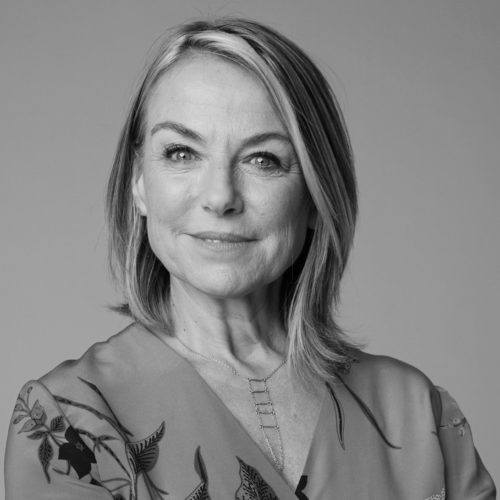
Esther Perel
Esther Perel is a psychotherapist and New York Times bestselling author who is an expert on modern relationships. A child of Holocaust survivors who is fluent in nine languages, she has been in private practice in NYC for more than 35 years and works as an organizational consultant for Fortune 500 companies globally. Her popular TED Talks have been viewed more than 30 million times and she is the host of two podcasts, Where Should We Begin? and How’s Work?
Website: estherperel.com
Twitter: @EstherPerel
Instagram: @estherperelofficial
